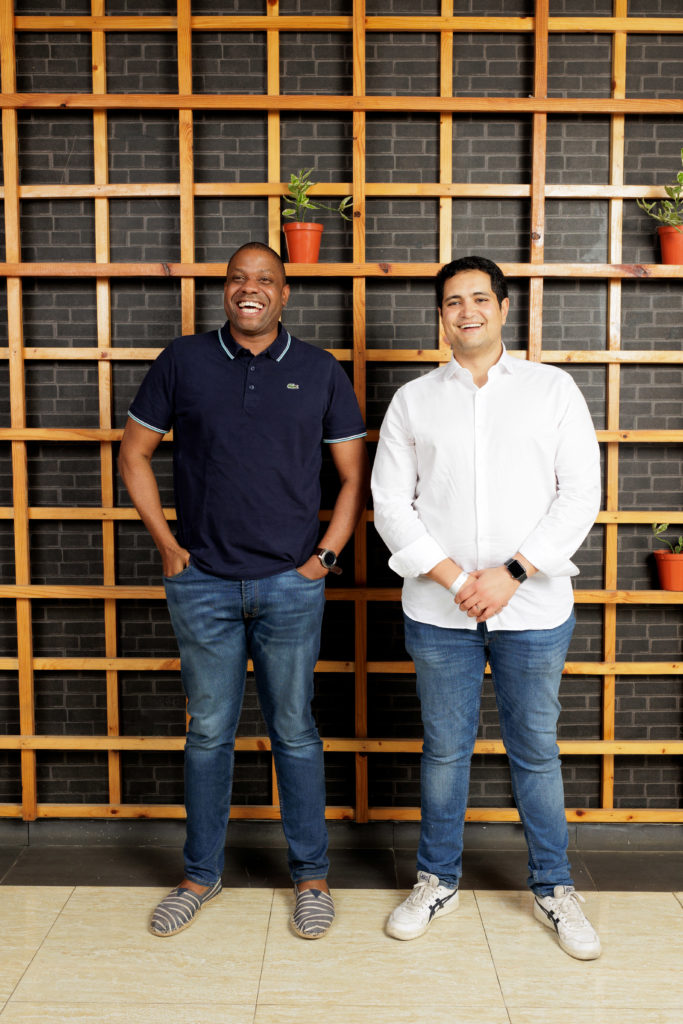Nigerian automotive technology startup Autochek announced today that it has acquired KIFAL Auto, a Moroccan automotive technology startup, to drive its expansion into North Africa.
This announcement is coming about 7 months after it acquired the Ugandan and Kenyan operations of Cheki, an online car marketplace. It had initially acquired Cheki Nigeria, in 2020.
KIFAL Auto was founded by Nizar Abdallaoui Maane, a former BNP Paribas consultant, in 2019, to ease the process of buying and selling cars in Morocco. The company provides access to financing, warranties, insurance, and other services. The startup was the first to be accepted into the inaugural cohort of CDG Invest’s 212 Founders accelerator programme, which aims to fund and support world-class startups linked to Morocco and Africa.
Morocco is one of the most developed automotive markets in Africa. In 2021, car sales exceeded 160,000 units, creating more than 220,000 direct jobs. The industry is also expected to contribute as much as 24% to the Moroccan GDP by 2022. Mordor Intelligence says the Moroccan automotive market it studied for its report was valued at $4 billion in 2021 and is expected to reach a value of $5.5 billion by 2027, registering a compound annual growth rate (CAGR) of about 6% during the forecast period.
This increase in automotive movement in Morocco is as a result of various policy developments and investments in infrastructure. The country is home to an innovative technology hub powered by a thriving startup ecosystem—KIFAL Auto being one of them—that delivers a wide range of solutions to support the automotive industry. KIFAL Auto is said to have emerged as a trusted partner for individuals and organisations in Morocco because of its transparent, secure, and cost-effective processes.
“With this acquisition, Autochek is uniquely positioned to tap into the innovation that underpins Morocco’s thriving automotive ecosystem, introduce its market-leading solutions to alleviate various challenges across the value chain, and further integrate the pan-African automotive industry to drive shared value for consumers, manufacturers, financial institutions and other stakeholders,” the company said in a statement sent to TechCabal.

Autochek also said it is building the financial infrastructure to drive the penetration of auto financing across Africa, powered by a data analytics engine that makes it easier for financial institutions to offer credit to consumers. Autocheck has presence across West Africa (Nigeria, Ghana, Ivory Coast), East Africa (Kenya and Uganda), and now North Africa (Morocco); partnerships with 1,500 dealers and workshops across these markets; and more than 70 banking partners, including Access Bank, Ecobank, UBA, Bank of Africa and NCBA Bank.
Commenting on the acquisition, Etop Ikpe, CEO and co-founder of Autochek, said, “From my first interaction with Nizar and his team at KIFAL Auto, I was so impressed by their passion for delivering effective solutions and their commitment to innovation. They have built an excellent platform, and we are thrilled to have them onboard at Autochek to support the work we are doing to improve the automotive finance value proposition in Africa.”
Autocheck said in its statement that Nizar and the KIFAL Auto team will join the company and continue to explore new opportunities to deliver solutions to drive positive change in the automotive industry in Morocco and beyond.
“I have long been an admirer of the work Autochek has done to enable improved experiences across Africa’s automotive value chain. There is so much we can learn from each other, and I am looking forward to bringing my experience and expertise to deliver more game-changing innovation in Morocco and beyond,” said Maane. “In our Industry, and especially in an African context, it makes a lot of sense to continue growing with a large player. Morocco is a gateway into North Africa, and I am confident that we can unlock new value and drive further transformation across the board.”
Prior to now, what we have seen is West-North expansion, but this acquisition could likely be the beginning of a West-North merger-and-acquisition trend across the continent as it is the first major expansion of a West Africa-based startup into North Africa.















